16Jun
Reporting your N number
Words and images provided by Ballance Agri-Nutrients.
Recording, reporting and possibly a resource consent are needed under new rules about to come into effect.
Under nitrogen (N) cap rules starting next month, dairy farmers need to record and report N fertiliser applications, and obtain a resource consent if they cannot meet N fertiliser caps.
From 1 July 2021, the Essential Freshwater rules cap N fertiliser applications at a maximum of 190 kg of synthetic N/ha/year for grazed pasture. A second cap applies to grazed pasture and forage crops, with the average N fertiliser application across both of these types of grazing land not to exceed 190 kg N/ha/year. For examples of scenarios that comply with these rules see the ‘Meeting the synthetic N fertiliser cap rules’ diagram.
The rules also require livestock farmers to record information related to N fertiliser application over a 12 month period, and report this information to their regional council soon after the period ends. The first reporting deadline is 31 July 2022, for the 12 months from 1 July 2021 to 30 June 2022.
Information to be recorded and subsequently reported includes the type of synthetic N fertiliser purchased and the percentage of N it contains. Synthetic N is any manufactured fertiliser product (solid or liquid) containing more than 5 per cent N by weight, and the 190 kg caps apply to the amount of N, not the amount of product.
Areas of land in pasture, annual forage crop and other land use, and the rates and dates of application to each land area also need to be reported.
MyBallance, which stores all farm fertiliser information, including orders and application, in a secure online location, has advance reporting and proof of application functionality, so can help with recording and reporting. MyBallance is available exclusively to Ballance Agri-Nutrient customers.
Can’t meet the rules?
If the synthetic N caps will be exceeded, a resource consent (for a non-complying activity) is needed and must be applied for by 31 December 2021. There are two options for applying for such a consent.
The first, a synthetic N reduction plan, needs to show how synthetic N use will be reduced each year, so the rules can be met from 1 July 2023. In effect, this provides farmers with an extra year to adjust their practices in order to comply with the rules.
The second option involves mitigating the impacts of N fertiliser on fresh water, and showing that the rate at which N will leach from non-complying N fertiliser applications is not greater than the rate it enters water from applying N fertiliser at 190 kg/ha/year, as stated in the rules. A report from a suitably qualified expert such as a farm planner or nutrient advisor will be needed, and must describe the good practices used to apply the N fertiliser, as well as the rate N would leach under the 190 kg/ha/year cap if these practices were used.
For more information on the Essential Freshwater rules, see Grow Autumn 2021 Environmental policies special edition, available at ballance.co.nz/grow-autumn-2021.
Ballance customers can activate their MyBallance account at myballance.co.nz. To become a Ballance customer and gain access to MyBallance phone 0800 222090 or email customerservices-mount@ballance.co.nz

Related
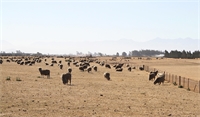
The summer survivor’s guide for ryegrass pastures.
Read More
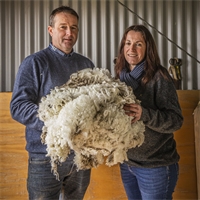
Set up by two South Island farmers on a mission to create a unique clothing line that challenges the...
Read More
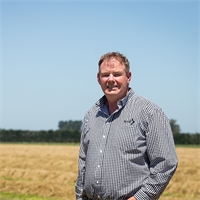
Once again, we have seen some extreme weather through the winter period. While not as damaging as so...
Read More
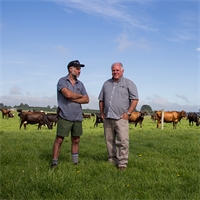
No two farms are the same and that is even more so when it comes to the mineral needs of livestock u...
Read More
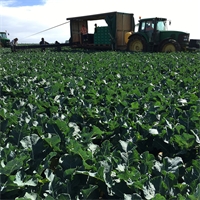
On 1 July 2018 the first regional fuel tax (RFT) allowed under law came into force in Auckland – an...
Read More

The Rakaia Gorge can be an unforgiving place to be a cropping farmer, with its howling nor’westerli...
Read More